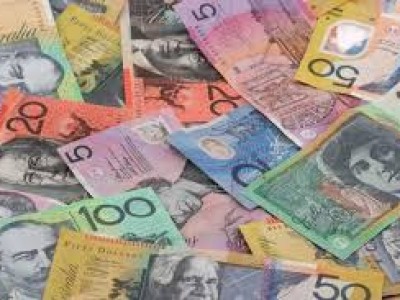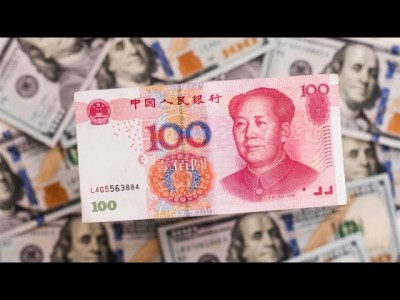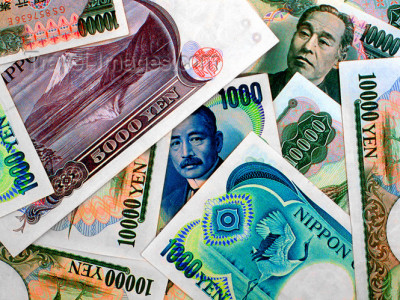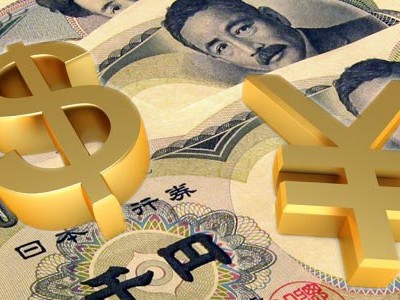10 Things that Happened in Asian Trading
The recent extreme volatility of the Chinese stock market has resulted in the loss of billions of dollars, raising a lot of questions around the world.
Today we are going to look at some recent events and factors that have played into the toxic assets bubble.
1. Leveraging of Toxic Assets
The Chinese stock market is heavily dependent on new money entering the system from beginning investors, rather than from value being realised from existing assets.
This reliance on new money created a bubble that will inevitably burst at some point.
2. Government Intervention
As the government began to intervene throughout the months of May and June, the Chinese stock market achieved record highs.
3. Suspension of Stock Sales
On July 4th the Chinese government halted the sale of any new stocks in order to try and prevent further losses.
4. Inevitable Downturn
After the initial momentum of state intervention, stock prices began to rapidly deteriorate for the rest of the summer.
5. From Record Highs to Record Lows
At the end of July the Shanghai Composite closed trading with a decline of 15%. This marks the worst month in the Chinese stock market since 2009.
6. Yuan Devaluation
On August 10th the People’s Bank of China devalued the Yuan by just shy of 2% to try and halt the recent economic downturn. Unfortunately this led to rapid drops in Beijing share prices.
7. Global Repercussions
This devaluation by the People’s Bank of China quickly led to almost instantaneous repercussions around the world, with massive losses experienced in the United States, Europe, and Australia.
8. Massive Losses for the Dow Jones
On August 21st the Dow Jones Industrial Average fell by a shocking 531 points, marking the worst losses since 2011.
9. Lower and Lower
As if things weren’t bad enough already, August 23rd saw the Shanghai Composite drop 8.5% overnight, leading to losses that the Chinese stock market has not experienced for almost eight years.
10. Black Monday
August 24th was quickly heralded as “Black Monday,” with China’s huge losses causing massive ripples across the globe.
At present it appears as if the Chinese government has stopped its intervention in the stock market. Policymakers are currently debating the advantages and disadvantages of artificially bolstering share prices.
Michelle Leung, the chief executive officer at Xingtai Capital in Hong Kong, was quoted on Tuesday on Bloomberg: “Government intervention has dropped substantially. The reform-minded camp within the government that favors letting the market do its work seems to be driving decision making right now.”
Some are arguing that the costs of supporting the market are far too high and that diminishing stock prices will have negligible effects on what is currently the world’s second-largest economy. On the other hand, there are officials claiming that drastically falling prices may cripple the banking system.
Either way, state intervention so far appears to have been successful in decreasing the vast amount of margin trading taking place on the Chinese stock market.
Whether or not future intervention will be necessary remains to be seen.
The post 10 Things that Happened in Asian Trading appeared first on Forex.Info.














